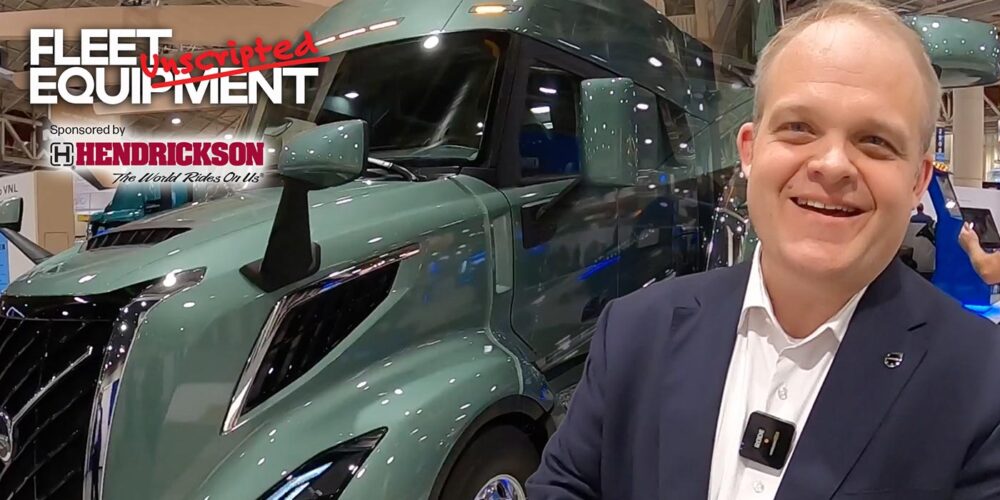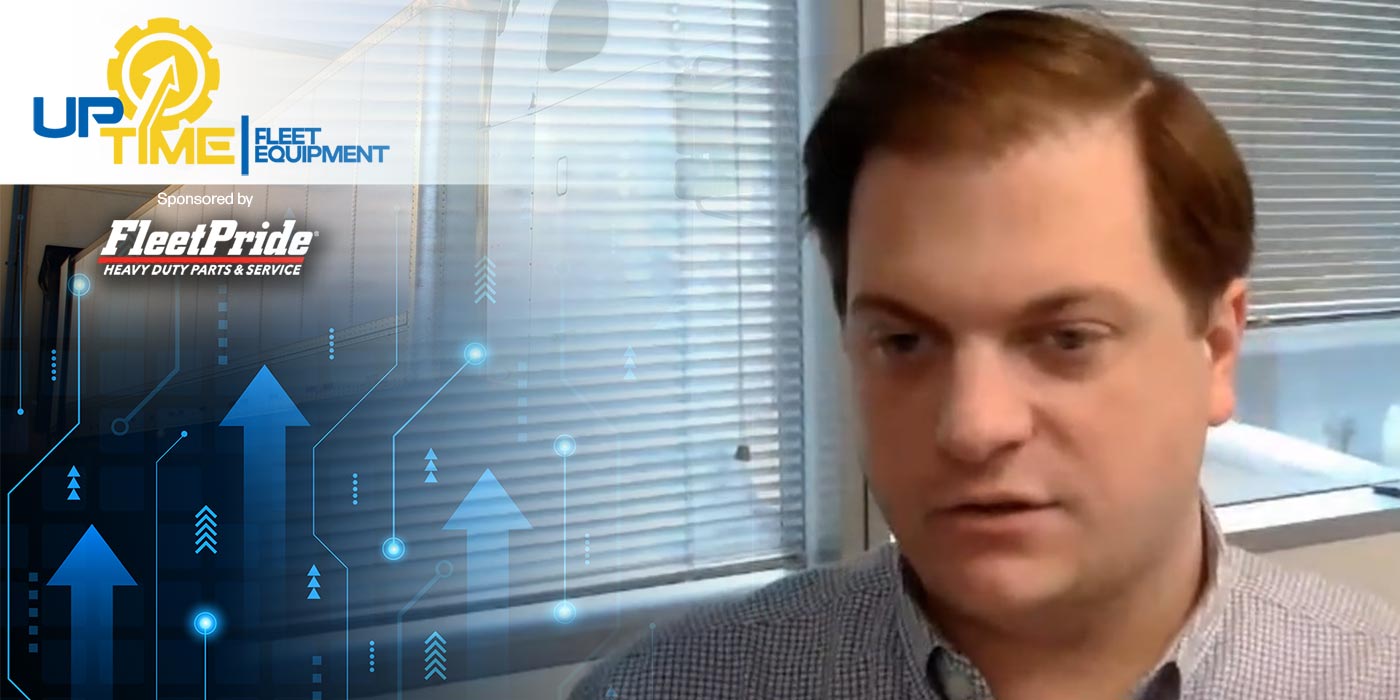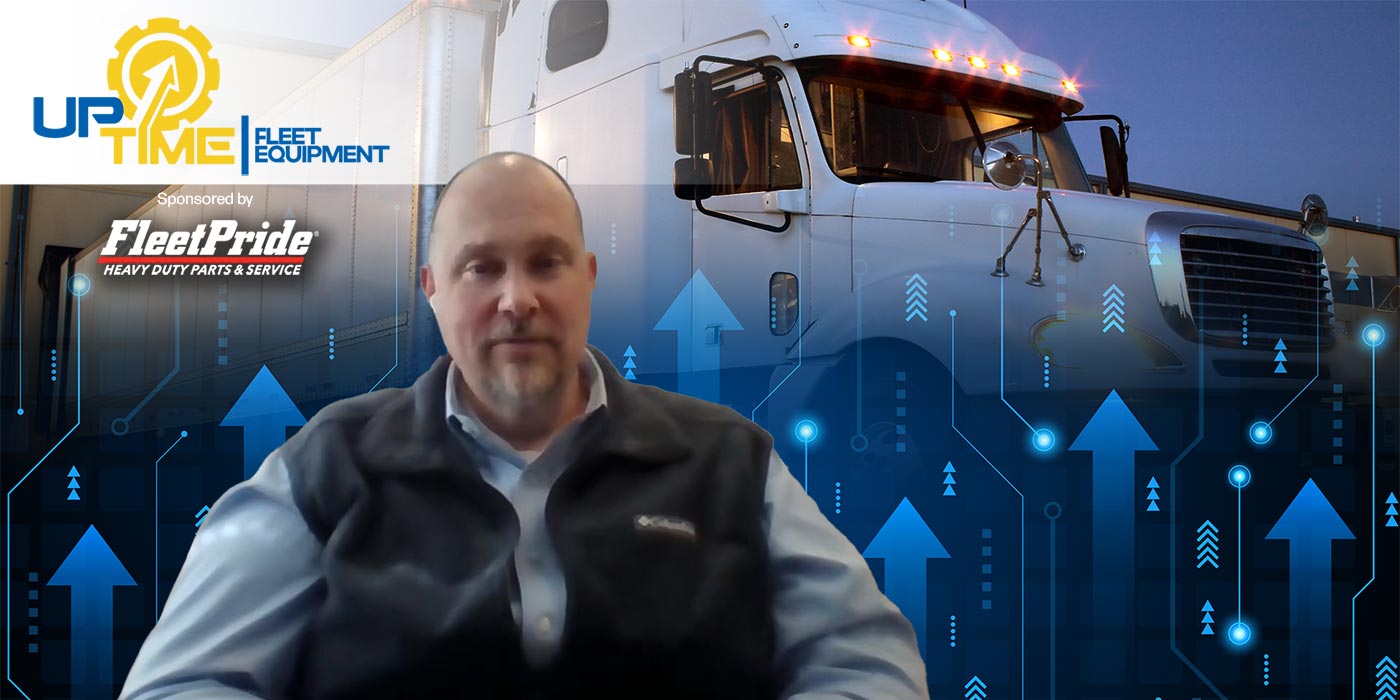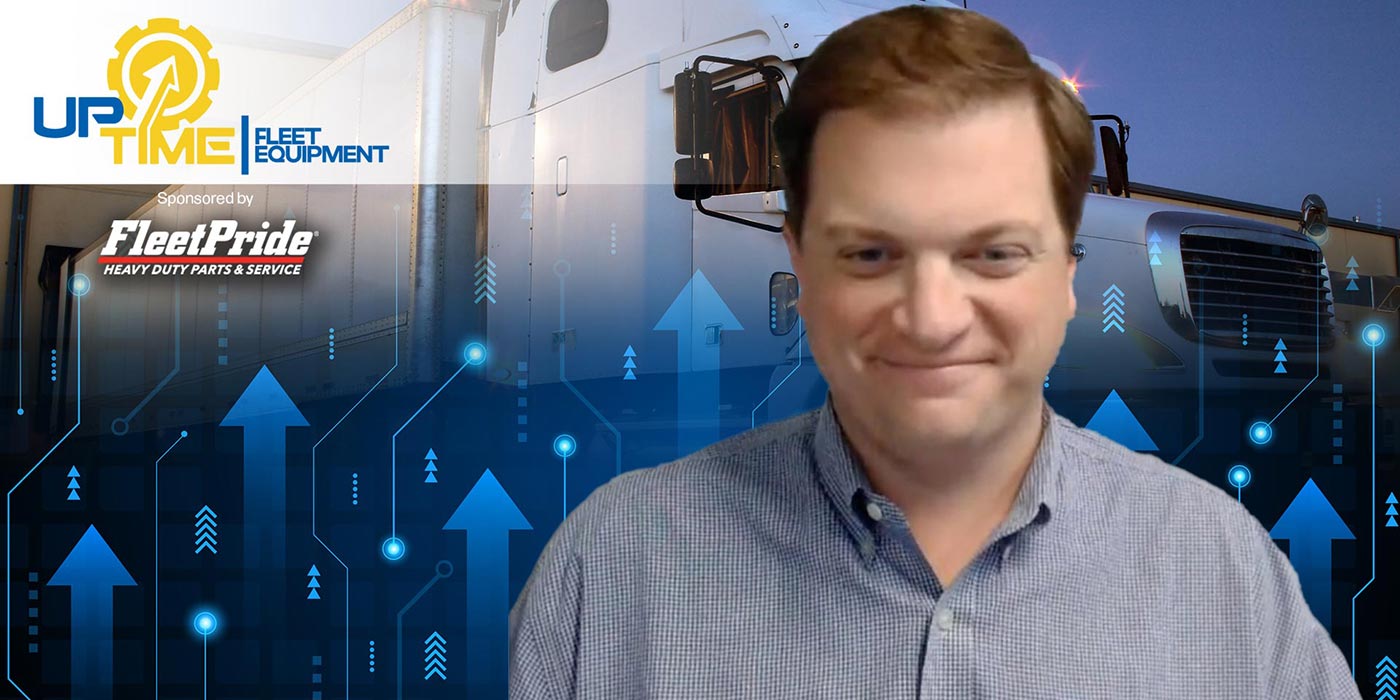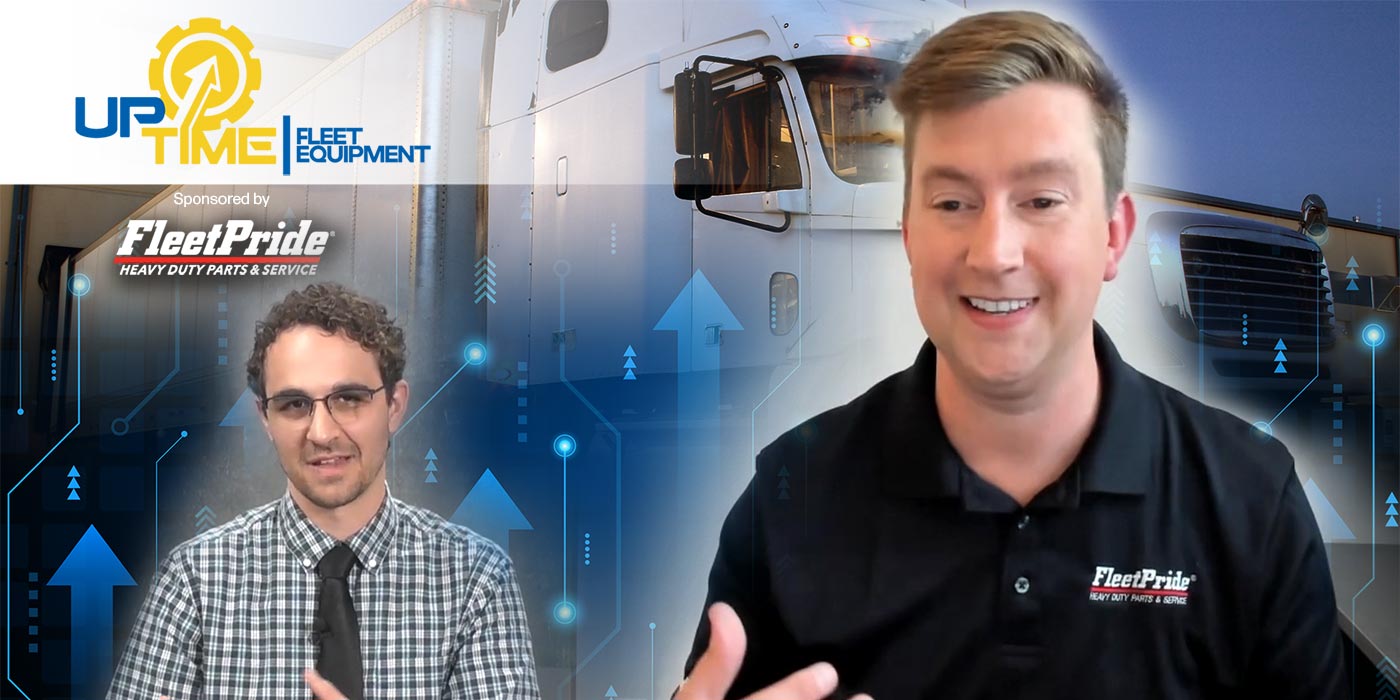“How well trained are your truck technicians?” It’s a question you should ask yourself if you run your own maintenance, and a question you should pose to any potential truck service provider with whom you contract. Today’s heavy-duty trucks are packed with technology—from sophisticated engine controls and aftertreatment systems to the latest advanced driver assistance systems like adaptive cruise, lane-keep assist and active brake assist. All of these systems require the latest technician training to ensure that when a truck needs fixing, it’s fixed correctly the first time.
“Ask your vendors: What do they do to keep their technicians up on the cutting edge of technology? If the answer is nothing, you might end up fixing that same problem four or five to six times,” noted Tim Hawes, senior manager of technician training and development at FleetPride. “It’s technicians that keep trucks running, and there’s a huge technician shortage out there. There’s also a shortage in knowledge and training. As trucks become more complicated, a great service partner has to have technicians on staff, and at FleetPride, we’re committed to properly training that staff. We want to ensure that they are capable of correctly performing the repairs that you need done.”
The evolution in truck technology means that traditional practices might no longer suffice. A classic example is oil change intervals. While many fleets might be comfortable with the traditional 10,000- to 15,000-mile oil drain intervals, modern engines, under normal operating conditions, are capable of exponentially longer intervals without compromising efficiency or durability.
Neglecting technician training is not without its consequences, and Hawes rattled off the ones that make the biggest impact:
- Increased breakdowns: A technician unfamiliar with modern systems might not perform preventive checks correctly, leading to premature vehicle failures. For instance, not realizing the importance of valve adjustments might lead to rough runs, fuel burn issues or oil burn problems.
- Cost implications: Ignoring certain modern requirements, like the change in oil viscosity, might lead to serious damage in components like the DPF filter. These repairs can be costly, especially if they result from repeated mistakes.
- Time and efficiency loss: Not only is a vehicle breakdown a direct cost, but it also represents lost time that translates to lost revenue; repeated issues due to untrained technicians can severely impact fleet efficiency.
Watch the video above for Hawes’s thoughts on how proper truck technician training can keep your hard-working haulers on the road.





